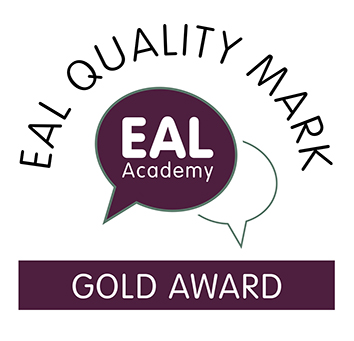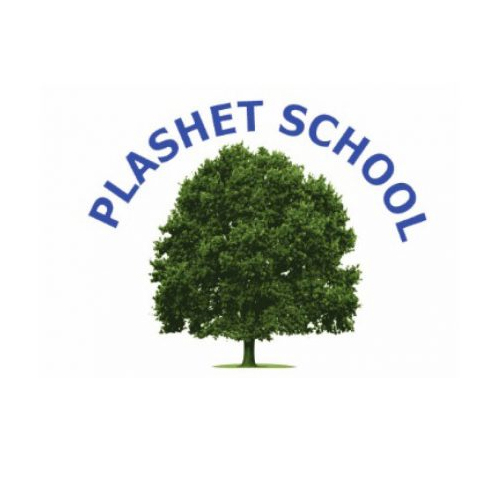One of the first things a member of Plashet’s leadership team said to me at the start of my visit is that the school recognises that its excellent and long established EAL practice has cross-curricular benefits which inform the school’s highly effective approach to scaffolding. She was right. That is what I saw throughout my time there.
The school knows both its students and its teachers very well. It knows which languages its highly multilingual staff speak as well as which languages students speak. Its approach to both incoming Year 7 students and mid-phase admissions involves finding and sharing accurate information about languages and prior educational experience. It has very high expectations of all its students and in its early assessments uses resources from the REAL project, a London Challenge related gifted and talented project that had a strong focus on EAL learners.
All the teaching that I saw was very EAL friendly. A Maths lesson taught by an EAL teacher used pupil talk in pairs and colour coding effectively to develop complex mathematical literacy (direct and inverse proportion). A Geography lesson started with a highly effective and visual recap of glacier related vocabulary. In all of the lessons furniture was arranged to facilitate pair and small group talk and the groups were also able to offer first language support.
One of the middle leaders stressed to me that the school has achieved the balance of a small number of EAL interventions for specific pupils alongside a pedagogy in which the needs of all EAL learners are securely embedded.
The relatively new arrivals that I spoke to particularly valued their buddies and the careful seating plans in classrooms that ensured they had first language support. Several of them had previously been educated in Italy and stressed that a key difference at Plashet was that “here teachers break things down for us” into manageable bits.
What you see at Plashet are the virtues of consistency allied to awareness of change and the desire for continuous improvement. The EAL leader has been there for over 20 years and I know both of her immediate predecessors from my time working in Newham. We cannot realistically expect 30 years of sustained innovation and consistent, high quality EAL provision in every school. However, when it does happen, we should celebrate it.
EAL in Newham schools
The EAL Quality Mark is based on a school’s self-evaluation of its EAL provision. It is an award made to schools on their achievements in meeting the needs of pupils learning English as an additional language.
It is available as a bronze, silver or gold award, allowing schools the opportunity to re-visit the award and build on their practice over time. Any school with pupils on roll who are learning English as an additional language is eligible to apply.

Extended online EAL course
New cohorts launched every term
Requiring approximately 90 hours to complete over a six month period, our extended EAL online course provides the opportunity to examine a range of EAL issues in detail, studying at times that suit your schedule. With 4 core units and 2 electives, you can tailor the cross-phase course to suit your interests and the needs of your school.

Leading EAL in secondary schools
Online course
This course aims to develop the leadership of EAL in secondary schools where there are increasing numbers of English as an additional language students. Focusing on a whole school and subject-based approach, the course provides guidance on how to plan and prioritise provision for a range of EAL learners.


